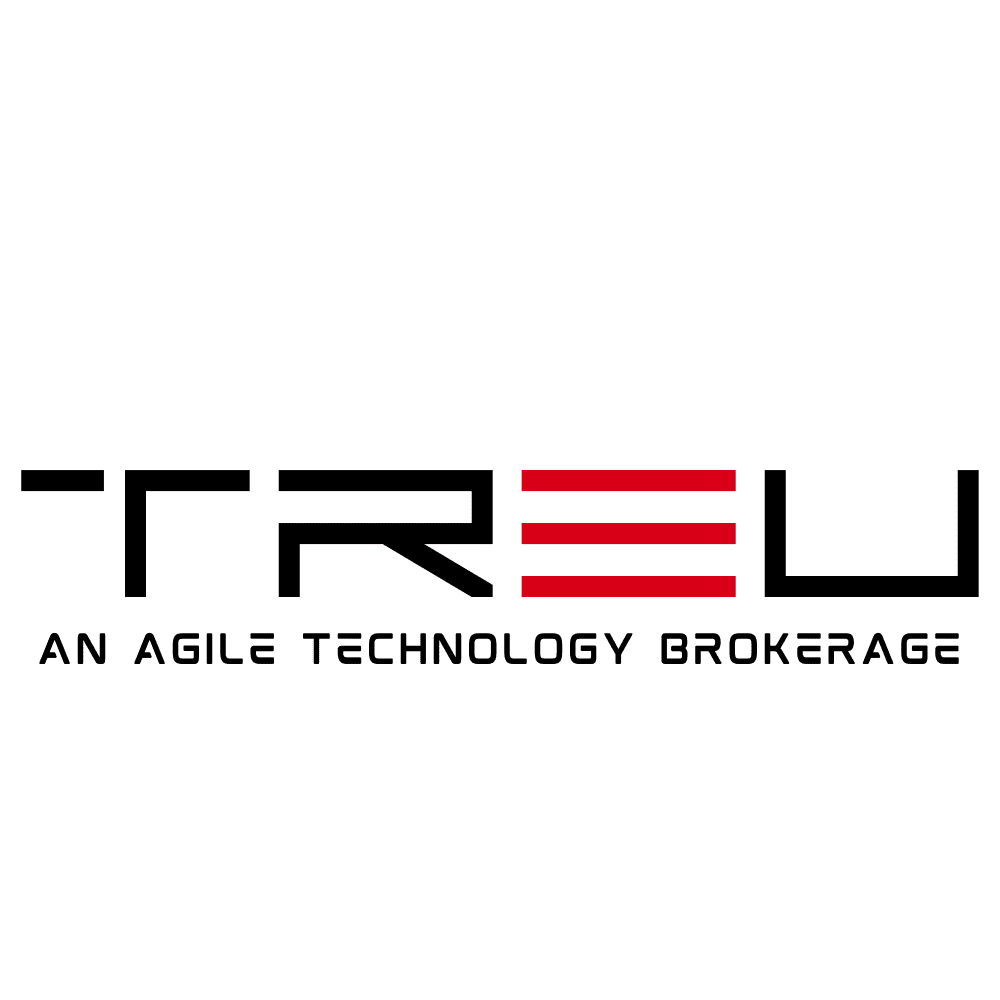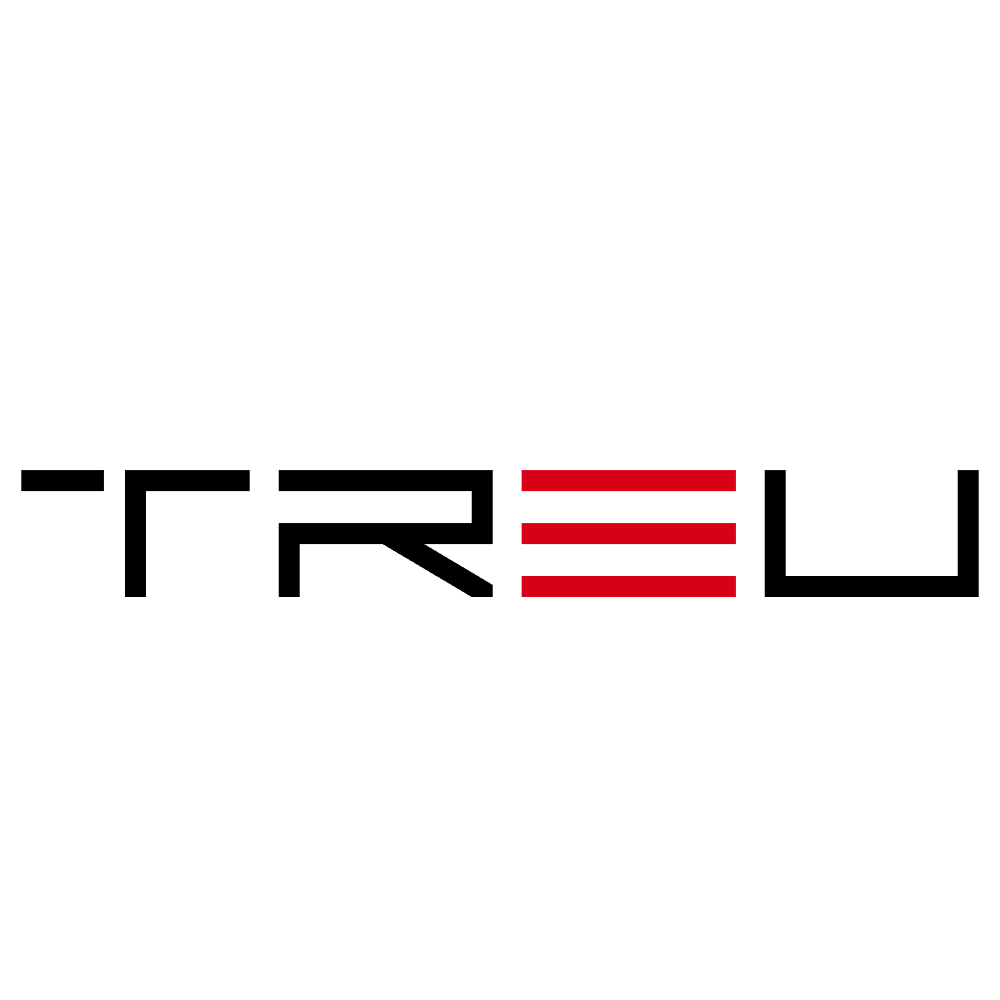Why Insurers Are Rapidly Adopting Agentic AI Technology
In recent years, the insurance industry has undergone a massive technological shift, embracing advanced automation and artificial intelligence (AI) to streamline operations and enhance customer experience. Among the newest developments making waves in the sector is Agentic AI — a next-generation form of AI that changes how insurers approach tasks, workflows, customer interactions, and even decision-making. As insurers strive to remain competitive in an increasingly digital world, Agentic AI is becoming not just a strategic advantage, but a necessity.
What Is Agentic AI?
Agentic AI (short for ‘agent-based AI’) is the evolution of traditional AI and generative AI systems. Unlike passive models that require user input to generate text or images, Agentic AI is designed to operate more independently, much like a digital “agent.” It combines the pattern recognition of machine learning with the task autonomy of intelligent agents to complete complex actions with minimal human intervention.
This cutting-edge form of AI is characterized by several unique features:
- Autonomous Task Execution: It can take initiative to complete multi-step tasks without constant prompts.
- Context Awareness: Agentic AI is capable of remembering and adapting based on past interactions.
- Multi-Modal Capabilities: It integrates text, image, and data processing to deliver holistic solutions.
- Workflow Optimization: It can analyze entire processes and make recommendations or improvements without being asked.
This capability to act, rather than just respond, is why Agentic AI is creating significant momentum across industries—and particularly in insurance.
Why the Insurance Industry Is a Perfect Match for Agentic AI
Insurance companies have long grappled with operational complexity, regulatory challenges, and rapidly changing customer expectations. With the introduction of Agentic AI, many of the traditional pain points are being addressed through intelligent automation.
1. Streamlined Claims Processing
The claims process is one of the most time- and resource-intensive areas in insurance. Agentic AI can automate claims from first notice of loss (FNOL) to final settlement. It doesn’t just follow pre-set scripts—it can adapt to different scenarios and ensure accurate and timely resolutions.
- Document Collection and Analysis: AI automatically pulls relevant documents and validates them.
- Fraud Detection: It flags anomalies in real time by cross-referencing claims with historical data.
- Customer Communication: The AI can interact with policyholders via chatbots or emails with minimal supervision.
2. Improved Underwriting Accuracy
Underwriting often involves assessing complex risk factors across multiple data sources. Agentic AI enhances decision-making by examining internal data, third-party databases, and real-time inputs to assess risk profiles more accurately and faster than traditional systems.
- Integration with Data APIs: Grants underwriters immediate access to aggregated and relevant data sets.
- Predictive Analytics: Uses historical data and modeling to forecast risk potential.
- Scenario Simulation: Agentic AI can simulate various scenarios to help insurers prepare for high-risk possibilities.
3. Personalized Customer Engagement
Today’s insurance consumers demand more personalized services. Agentic AI makes it easier to deliver tailored experiences at scale.
- Proactive Communication: AI agents follow up with customers automatically based on event triggers like policy renewals or life changes.
- Custom Coverage Suggestions: Suggests personalized packages based on evolving customer needs and behavior.
- Omni-Channel Presence: Capable of engaging across web, mobile apps, and even voice-based platforms like Alexa or Siri.
Emerging Trends in Agentic AI Adoption in Insurance
According to the recent report by Insurance Business Canada, industry giants are ramping up investment in Agentic AI-based tools. The reason is twofold: improved operational efficiency and the opportunity to reimagine the customer journey. Here are some notable trends:
1. Shift from Process Automation to Outcome Ownership
While robotic process automation (RPA) focused on automating individual tasks, Agentic AI is about understanding the goal (e.g., complete a successful claim payout) and managing every step toward that goal with minimal intervention.
2. Rise of Decision-Making AI
Insurers are increasingly trusting AI to assist or even make certain decisions, particularly in areas like pricing, underwriting, and fraud detection. Agentic AI’s context awareness helps tailor decisions to individual customers and situations.
3. Regulatory and Ethical Readiness
As AI systems take on more responsibility, insurance firms are proactively building ethical standards and compliance frameworks. Agentic AI’s ability to track decision paths and provide transparency is helping in this regard.
Challenges to Consider
Despite its benefits, implementing Agentic AI isn’t without hurdles. Insurers need to address several key challenges to ensure smooth adoption:
- Data Governance: Without reliable and high-quality data, AI systems cannot function optimally.
- Legacy System Compatibility: Many insurers operate on outdated infrastructure that isn’t easily integrated with modern AI frameworks.
- Regulatory Compliance: Ensuring new AI functions meet insurance regulatory bodies’ standards is crucial.
- Organizational Change Management: Transitioning to AI-led models requires changes in workforce roles, training, and mindset.
The Future Outlook for Agentic AI in Insurance
The potential for Agentic AI in the insurance world is vast, and early adopters stand to gain substantial competitive advantage. Looking ahead, we can expect:
- Hyper-Automated Insurance Operations: From quoting to claims, entire workflows will be managed by AI agents.
- AI-Augmented Human Workforces: Agents and underwriters will collaborate with AI agents for more strategic, human-centric tasks.
- Smarter, More Agile Products: AI will empower carriers to rapidly design and adapt offerings to meet shifting market demands.
- Ethical, Transparent AI Systems: With growing regulatory oversight, expect more interpretable and auditable AI systems.
Conclusion: A Technological Tipping Point
Agentic AI is not just the next big thing in insurance technology—it’s the foundation for the future. As insurers brace for tighter margins, evolving risks, and higher customer expectations, the ability to harness intelligent, autonomous systems will define success. By investing in Agentic AI today, forward-looking insurers are transforming complex operations into streamlined, intelligent ecosystems that are not just reactive, but proactive and predictive.
For those in the industry still on the sidelines, the message is clear: the AI revolution has moved beyond automation—welcome to the age of autonomous agents.

